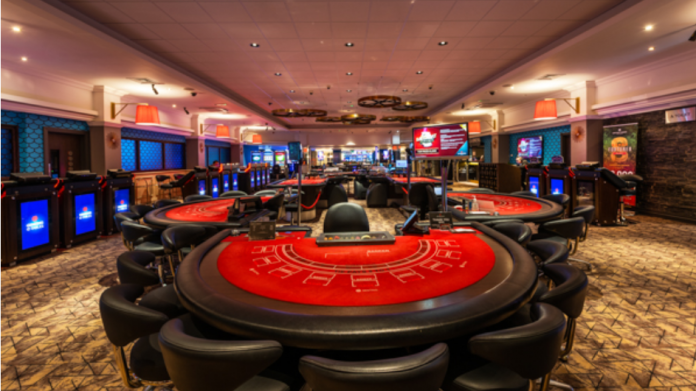The Betting and Gaming Council has condemned the Scottish Government for what the standards body says is a “refusal to let casinos reopen alongside the rest of Scotland’s hospitality sector”.
In a letter to First Minister Nicola Sturgeon, BGC chief executive Michael Dugher said the “baffling” move had left the 700 men and women they employ in limbo.
Under current policy, casinos would only be allowed to re-open in level one areas, whereas other hospitality venues, such as pubs and restaurants, can do so in level two zones.
Pointing to a report by Dr Lisa Ackerley which reported that casinos were “as safe, if not safer” than other hospitality venues, Dugher says that there’s no scientific reason for “singling out” casinos.
Hospitality venues, such as pubs and restaurants, have been told that they can reopen from April 26, whereas the BGC adds that gaming establishments “have only been told they can re-open in ‘early June’”.
In the letter to Sturgeon, Dugher said: “The singling out of casino businesses within the hospitality sector for not being able to open in level two areas, alongside the rest of their peer group, is baffling and, on an evidence-based approach, without justification.
“Our casino members in Scotland are at a complete loss as to understand the decision not to allow them to reopen alongside venues such as pubs, restaurants, cinemas, bingo halls and high street arcades. Please can you explain the scientific basis of this decision?”
Continuing: “I appeal to you to pay heed to the compelling evidence. When parts of the country return to level 2 status, casinos should be allowed to open alongside other hospitality venues.
“These businesses deserve to be treated with parity and fairness. All they expect is an equitable approach to hospitality, based on the highest quality evidence that exists.
“Ordering the continued closure of casinos in level two areas in Scotland would be a needless blow for the 700 hardworking men and women that they employ, as well as economically self-harming, given the £30m in tax they pay per year in normal times.”











